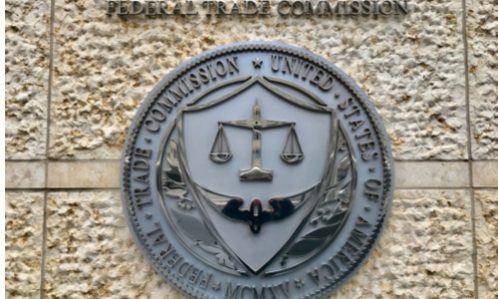
By: Gregory J. Werden (Truth on The Market)
Before she assumed the position of chair at the Federal Trade Commission (FTC), Lina Khan advocated for the use of rulemaking to enforce a prohibition on unfair methods of competition (UMC), outlined in Section 5 of the FTC Act. In her capacity as chair, she proposed a rule to prohibit noncompete clauses in employment contracts, a move expected to be formalized in the upcoming spring. However, I anticipate that a court will challenge this bold exercise of quasi-legislative authority.
Historically, the FTC exerted its authority over a specific industry during the 1970s by mandating gas stations to display octane ratings for the gas they sold. In justifying that rule, the FTC invoked both its Section 5 powers—pertaining to competition protection and proscribing unfair methods of competition—and its consumer protection powers established in 1938 to prohibit unfair or deceptive acts or practices (UDAP).
Following the implementation of the octane-posting rule, Congress passed the Magnuson-Moss Act, laying out procedures for future consumer protection rules. Although Congress did not explicitly address rules for enforcing the prohibition on unfair methods of competition, it seems improbable that Congress intended to grant the FTC the ability to establish such rules without similar procedural requirements.
In the rush to pass a bill before the end-of-year recess, only one speech was allowed prior to the final vote in the House. Representative Jim Broyhill (R-N.C.) took this opportunity to emphasize that the FTC lacked the authority to promulgate a competition rule…
Featured News
Belgian Authorities Detain Multiple Individuals Over Alleged Huawei Bribery in EU Parliament
Mar 13, 2025 by
CPI
Grubhub’s Antitrust Case to Proceed in Federal Court, Second Circuit Rules
Mar 13, 2025 by
CPI
Pharma Giants Mallinckrodt and Endo to Merge in Multi-Billion-Dollar Deal
Mar 13, 2025 by
CPI
FTC Targets Meta’s Market Power, Calls Zuckerberg to Testify
Mar 13, 2025 by
CPI
French Watchdog Approves Carrefour’s Expansion, Orders Store Sell-Off
Mar 13, 2025 by
CPI
Antitrust Mix by CPI
Antitrust Chronicle® – Self-Preferencing
Feb 26, 2025 by
CPI
Platform Self-Preferencing: Focusing the Policy Debate
Feb 26, 2025 by
Michael Katz
Weaponized Opacity: Self-Preferencing in Digital Audience Measurement
Feb 26, 2025 by
Thomas Hoppner & Philipp Westerhoff
Self-Preferencing: An Economic Literature-Based Assessment Advocating a Case-By-Case Approach and Compliance Requirements
Feb 26, 2025 by
Patrice Bougette & Frederic Marty
Self-Preferencing in Adjacent Markets
Feb 26, 2025 by
Muxin Li